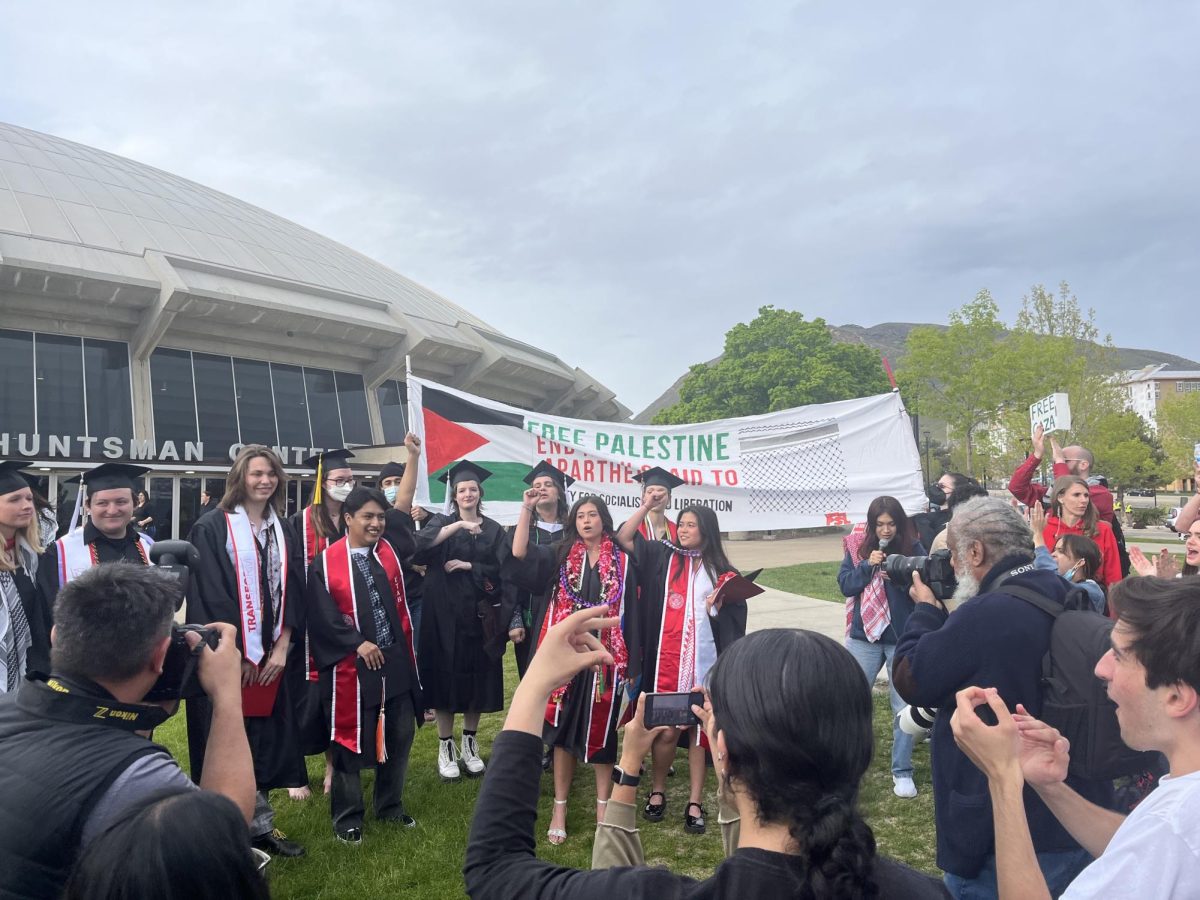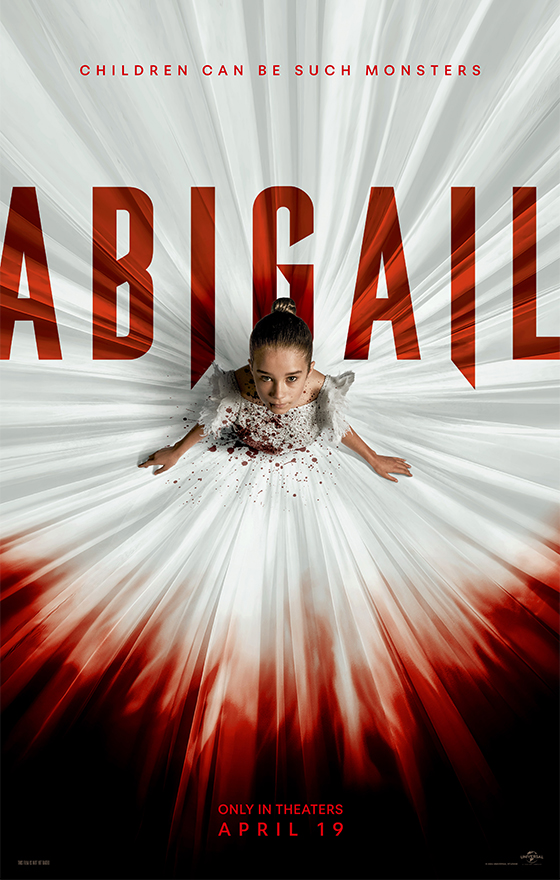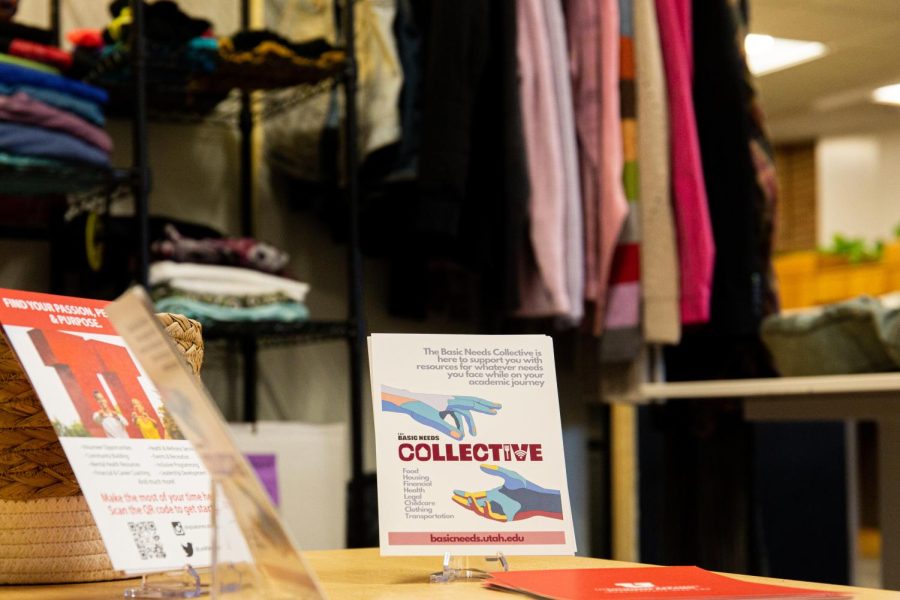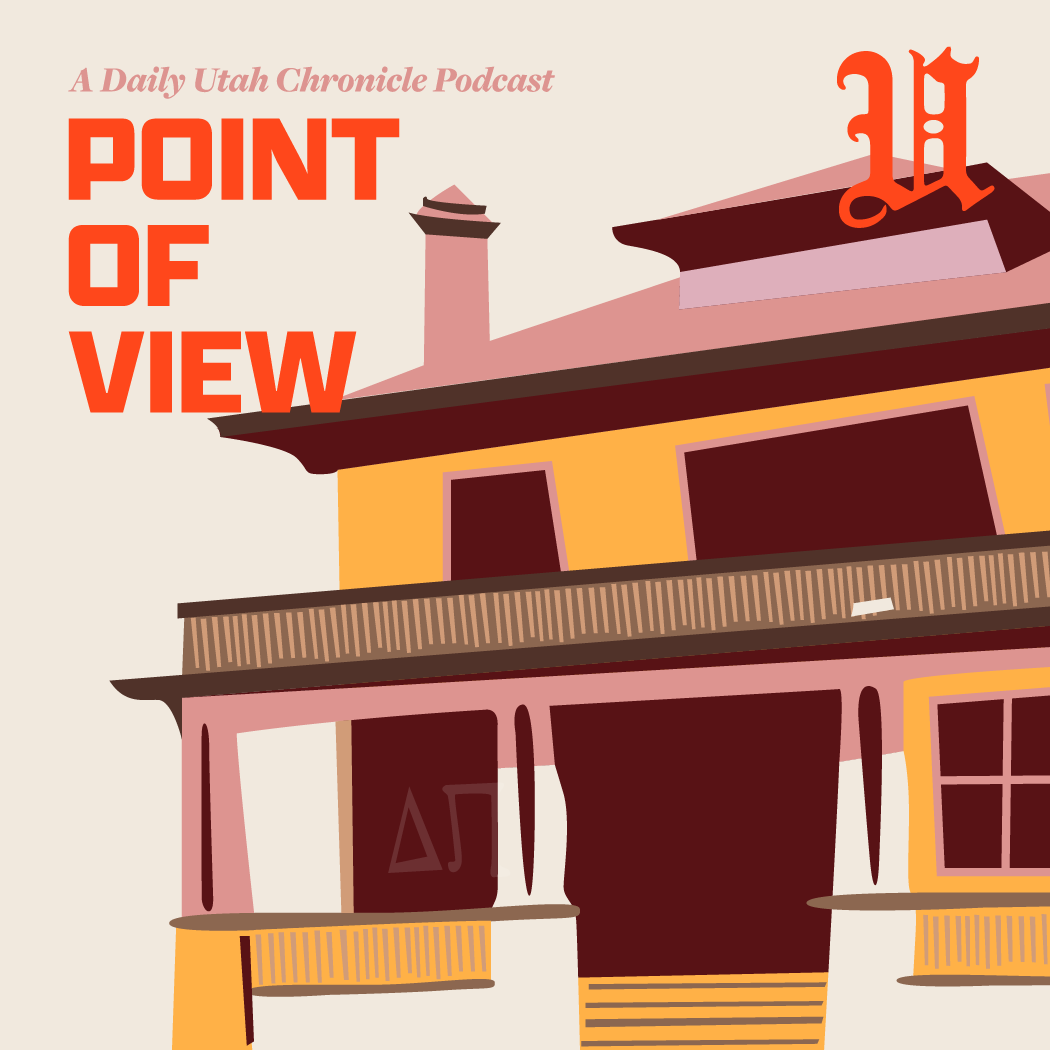After clinical trials at the U and elsewhere showed that a vaccine can help prevent cervical cancer, the Utah Department of Health launched a campaign last year to educate the public about the vaccination for women ages 19 to 26, and the effort is going strong.
“Basically, our message is that you’d do anything to fight cancer, so why not do this one thing to prevent it?” said Kalynn Filion, a health program specialist with the department..
Trials found the vaccine Gardasil — commonly used to guard against the human papillomavirus (HPV) — to be effective against four of the most high-risk strains of the virus, which can cause cervical cancer.
Kristina Hetherington, clinical research coordinator for the Division of Infectious Diseases in the School of Medicine, who has been involved with the research since 2004, is now helping to close out the research. She said the creation of the vaccine impacts women not only locally but worldwide.
“HPV is the most common sexually transmitted infection in the world,” Hetherington said. “Gardasil is one of the most exciting advancements in women’s sexual health to come along in some time…Widespread vaccination could reduce the number of cases of cervical cancer by at least half over the next 50 years. That’s huge.”
The young women who were once given placebos in clinical trials at the Huntsman Cancer Institute are now being treated with the real vaccine because of the success of the program.
Last year, Jon Huntsman Sr. donated the money to the UDOH after lawmakers in Utah did not pass legislation that would provide money for a campaign to educate about vaccination for HPV.
“We just really wanted to increase awareness in Utah,” Filion said. “Personally, I haven’t received really any negative feedback about the campaign. So far, it’s been received very well.”
By the time women are 50, 80 percent of them will have contracted at least one strain of HPV some time in their lives, according to the Centers for Disease Control and Prevention. The virus, with many strains ranging from high-risk to low-risk strains, is often undetected because the low-risk strains can clear up on their own. However, the high-risk strains account for almost all forms of cervical cancer.
The campaign found that young girls who were vaccinated wanted their mothers to be involved with the process, and so the campaign focused on appealing to mothers and daughters who are of age for the vaccination, Filion said.
A government immunization program covers girls ages 9 to 18, and the UDOH campaign focuses on women ages 19 to 26. Because of the large community of women in this age range in college, the UDOH has provided outreach to campuses in Utah.
“We have asked different campuses and universities to distribute brochures, and it depends on what the university is willing to do,” Filion said. “I know Utah State (University) sent out a brochure to all incoming students, and we delivered a lot of posters to the U.”
The UDOH provides the vaccine to women who have no health insurance, or if their health insurance does not cover the vaccine. On campus, the Student Health Center provides the vaccine for interested students.
Becky Ward, an education specialist with the Utah Immunization Program said the campaign for the vaccine has created interest in the community about an issue that has not been talked about before.
“We have had several inquiries about the vaccination after we started the media campaign,” Ward said. “There has been an incredible influx of people wanting to know more about the HPV vaccination.”
Ward said the grant that Huntsman donated allowed the money they needed to get the campaign started.
“I think Utah and California are one of the first states to provide the vaccination at a very low cost for people of lower income,” Ward said. “Not many states did get that kind of money to help with their campaigns. Basically, we just want people to know that the vaccination protects against a cancer that is very serious and very deadly and can be prevented.”











